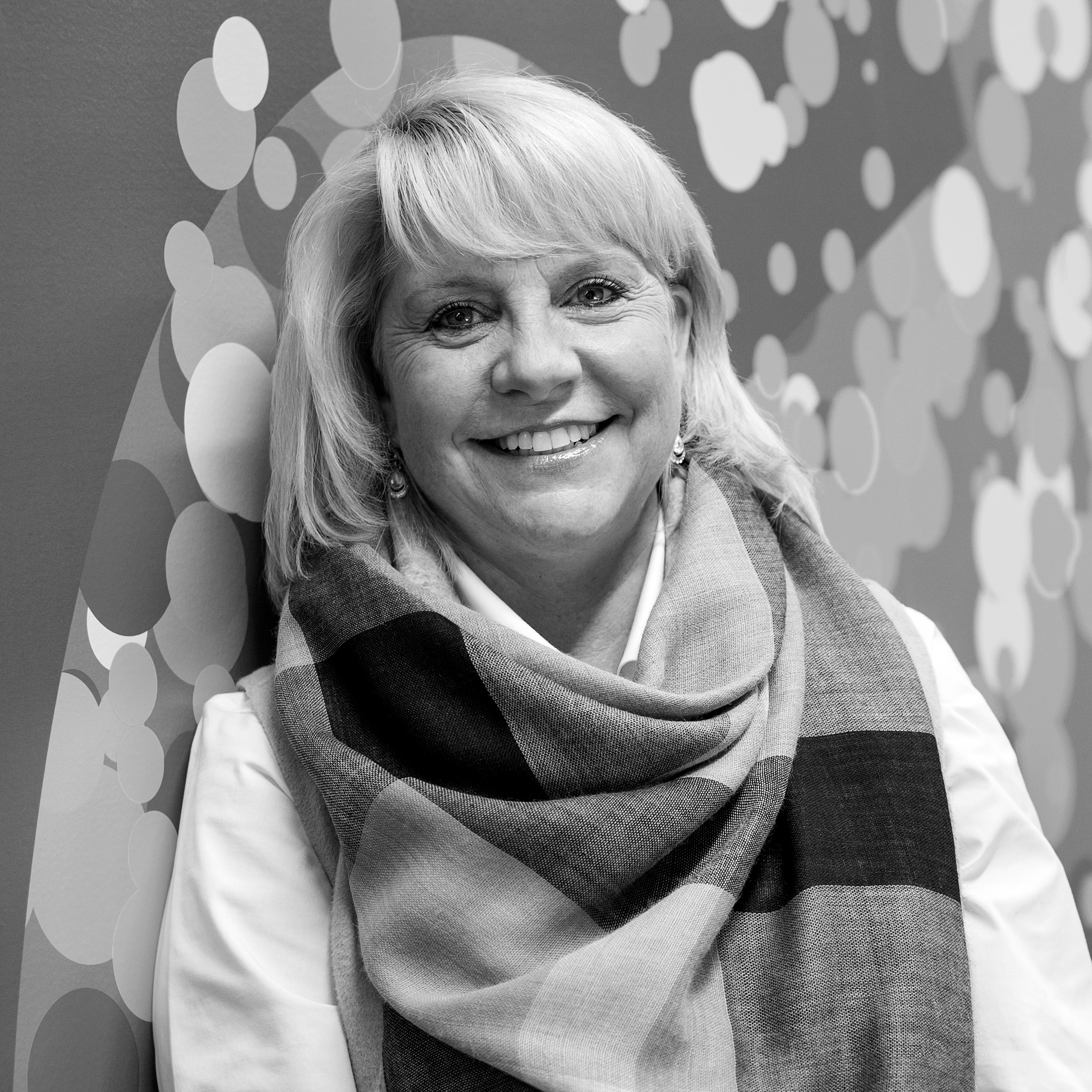
In 1545, the printing press was a little more than one hundred years old, William Shakespeare’s father was a teenager, and the origins of Schweitzer-Mauduit International began in the south of France, with the opening of a small paper mill. Nearly five hundred years later, Schweitzer-Mauduit International has transformed into SWM, a global provider of engineered solutions and advanced materials with customers in eighty-eight countries around the world.
SWM began diversifying into resin-based advanced materials in 2013, with the acquisition of DelStar Technologies, expanding for the first time in its history beyond fiber-based materials. By 2017, the company had acquired Argotec and Conwed Plastics and firmly established its Advanced Materials and Structures (AMS) business unit to focus on resin-based technologies and products. This was a significant moment in a journey that began during the Renaissance. “Even though there’s close to five hundred years of history, this is really the ground floor of something new,” says Ricardo Nuñez, general counsel at SWM International.
Nuñez joined SWM during the acquisition of Conwed, and soon thereafter, the company rebranded its acquisitions to SWM. Nuñez worked closely with the marketing and commercial teams throughout the rebranding process to craft an effective message for employees, suppliers, and customers to understand the shift. “People, as a matter of habit, have referred to themselves either as Argotec or Conwed for many years, so evolving into SWM can be a challenge,” Nuñez says. “You don’t turn on the switch overnight and expect it to happen.”
In rebranding, SWM was creating not only a new go-to market name, but also a new culture that would unify the company. The culture is built on a foundation of transformation and emphasizes the importance of collaboration and growth. “People truly have a desire to continually learn,” Nuñez says. “In this company that is a sign of strength, not weakness.”
This cultural approach applies not only to employees, but also to the larger organizational structures as well. When integrating the companies, SWM focused on retaining the strengths of each business rather than on simply incorporating the new acquisitions into the legacy company. “If a business had exceptional manufacturing processes, then we made sure that we picked up on those best practices and spread them throughout our company,” Nuñez says. “The newer teams look at the experience of the legacy SWM folks, the legacy SWM folks look at the experience of the new folks, and they feed off each other. It’s an exciting dynamic, and they’re both incredibly valuable.”
The AMS business unit now accounts for half of SWM’s business. Although the company as a whole is new to developing these technologies, the employees that SWM acquired with Conwed, Argotec, and DelStar have legacy knowledge of their own. To maintain a competitive intellectual property (IP) portfolio, Nuñez supports the work of the research and development teams. Instead of focusing on bureaucratic hurdles, he emphasizes the teams’ shared goal: to create new products that will address customers’ needs. “We empower them and provide them the support that they need so that we can develop good ideas and good technologies for our customers,” he says. “There’s going to be some give-and-take and back-and-forth, but ultimately everybody’s going to be pushing in the same direction.”
Not all ideas for new inventions come from within the R&D department. SWM uses online documentation tools to allow submission of inventions throughout the company and to ensure that new ideas reach the right teams. But having tools in place doesn’t guarantee participation. For this, employees must understand the importance of sharing their ideas. “The culture we encourage is one that values research and development,” Nuñez says. “People that come up with ideas can be very proud of the role they’ve played, and we make sure they get the appropriate level of recognition.”
Nuñez takes the same peer-driven approach when it comes to his own team. Rather than leading with a top-down management style, he hires skilled team members and presents them with opportunities to grow. Twice a year, his entire team comes together to share their expertise and learn additional ways they can support each other.
Because much of the team works in Europe, these in-person meetings are essential to developing a cohesive and collaborative culture within the legal department. “Those team meetings are used to, among other things, make sure we know what each of us knows so that we can learn from one another,” Nuñez says. “We have highly experienced, highly knowledgeable team members. We’re smart enough to know we don’t know everything.”
Developing open communication within the legal department is important, but even the most collaborative teams can become cloistered. Ultimately, the legal department’s role is to partner with the business and support the company in providing quality products to its clients. For this reason, Nuñez brings his work out of the office and onto the factory floor, visiting the factories where SWM’s products are manufactured and speaking with the employees who make the products.
Watching the massive machines transform raw materials into usable products is not only exciting, but it also underscores the significance of the legal team’s work.
“We can understand and feel more a part of the business by knowing why our supplier agreements are important, why materials have to arrive on time,” Nuñez says. “Those are all critically important. By being at the factories and understanding the processes, we’re more effective. Every time I go, I learn something new.”

